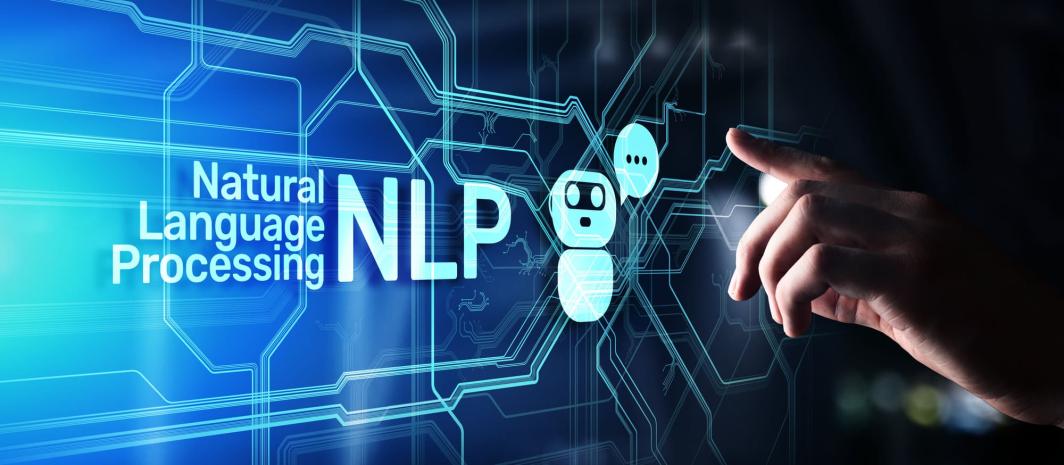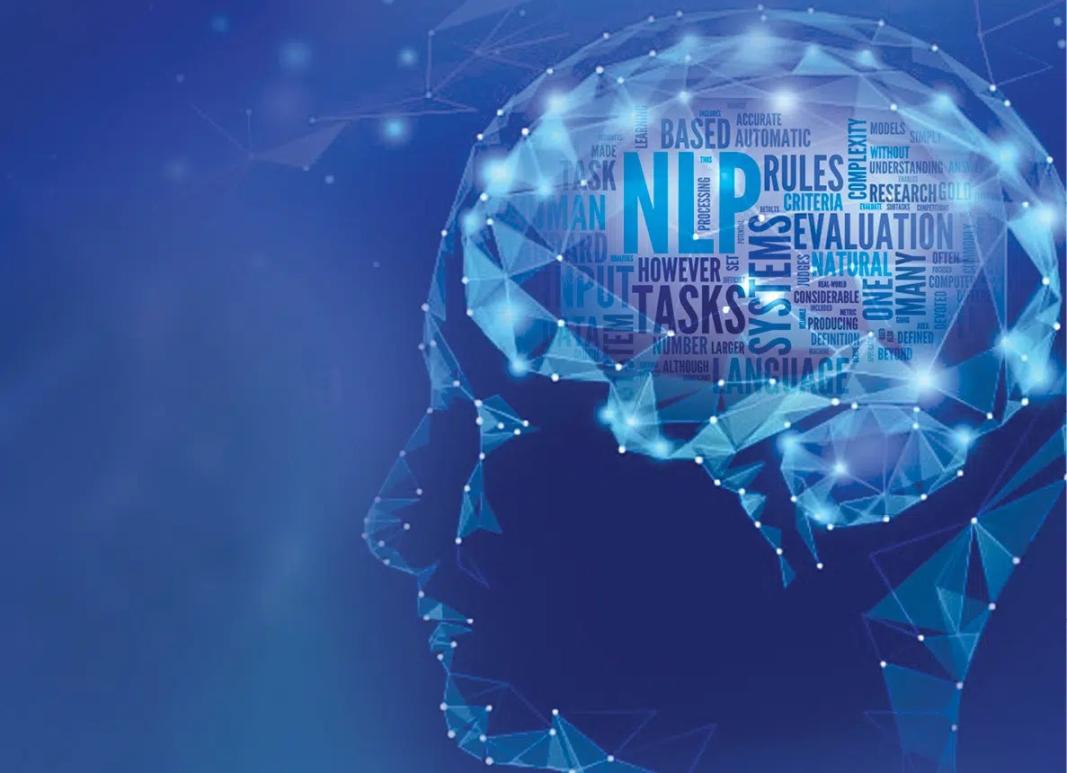How Will AI's Ability to Process Natural Language Impact the Future of Work?
As artificial intelligence (AI) continues to advance, its ability to process natural language (NLP) is becoming increasingly sophisticated. This has the potential to significantly impact the future of work, both in terms of the tasks that AI can automate and the new jobs and opportunities that it can create.

Current Applications Of NLP In The Workplace
NLP is already being used in a variety of ways in the workplace, including:
- Customer service chatbots and virtual assistants: These AI-powered tools can help businesses provide 24/7 customer support, answer questions, and resolve issues quickly and efficiently.
- Automated language translation and interpretation: NLP can be used to translate text and speech from one language to another, making it easier for businesses to communicate with customers and partners around the world.
- Sentiment analysis and text classification: NLP can be used to analyze the sentiment of text, such as customer reviews or social media posts, and to classify text into different categories, such as spam or legitimate email.
- Spam filtering and email management: NLP can be used to identify and filter spam emails, and to help users manage their inboxes more efficiently.
- Summarization and extraction of key information from text: NLP can be used to summarize long documents or extract key information from text, such as names, dates, and locations.
Potential Impact Of AI's NLP Capabilities On The Future Of Work
As AI's NLP capabilities continue to improve, it is likely to have a significant impact on the future of work. Some of the potential impacts include:
Automation Of Repetitive And Routine Tasks
AI is already being used to automate a variety of repetitive and routine tasks, such as data entry, customer support, and scheduling. As AI's NLP capabilities improve, it is likely to be able to automate even more tasks that currently require human input.
Creation Of New Jobs And Opportunities

While AI may automate some jobs, it is also likely to create new jobs and opportunities. For example, there will be a need for AI trainers and developers, NLP engineers and researchers, content moderators and data annotators, and AI ethicists and policy makers.
Transformation Of Existing Jobs
AI's NLP capabilities are also likely to transform existing jobs. For example, as AI takes on more routine and repetitive tasks, workers may be able to focus on higher-value tasks that require creativity and critical thinking. There will also be a growing demand for skills in AI, data analysis, and programming.
Ethical And Societal Considerations
The use of AI's NLP capabilities also raises a number of ethical and societal considerations, such as:
- Job displacement and the need for reskilling and upskilling: As AI automates more tasks, it is important to ensure that workers have the skills they need to transition to new jobs.
- Bias and discrimination in AI systems: AI systems can be biased against certain groups of people, such as women and minorities. It is important to ensure that AI systems are fair and unbiased.
- Privacy and data security concerns: AI systems rely on data to learn and improve. It is important to ensure that this data is collected and used in a responsible and ethical manner.
- Regulation and governance of AI technologies: As AI becomes more powerful, it is important to develop regulations and governance mechanisms to ensure that it is used in a responsible and ethical manner.
Case Studies And Examples
There are a number of companies that are successfully implementing NLP technologies in the workplace. For example, Google uses NLP to power its search engine and Gmail service. Amazon uses NLP to power its Alexa voice assistant and product recommendations. And Salesforce uses NLP to power its customer relationship management (CRM) software.
There are also a number of stories of individuals whose jobs have been transformed by AI's NLP capabilities. For example, one person who used to work as a customer service representative now works as an AI trainer. Another person who used to work as a data entry clerk now works as a data scientist.
The impact of AI's NLP capabilities on the future of work is still unfolding. However, it is clear that AI is likely to have a significant impact on the way we work. It is important to start preparing for this impact now, by investing in education and training, and by developing regulations and governance mechanisms to ensure that AI is used in a responsible and ethical manner.
YesNo

Leave a Reply